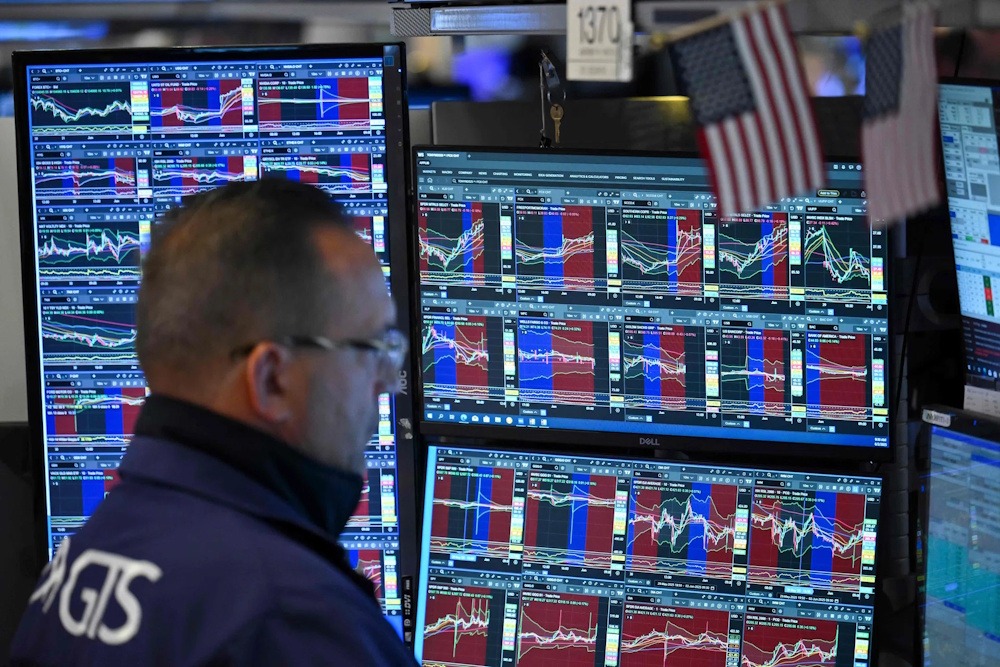
The tech-heavy Nasdaq Composite finished at 22,521.70, down 0.8% or 172.91 points, impacted by the underwhelming results of key technology firms. At the intraday low, the tech-heavy index saw a drop of 2.1%. The Dow Jones Industrial Average increased by 0.4%, adding 202.88 points to close at 46,270.46. Notably, 20 of the 30 stocks finished in the green, while 10 closed in the red. Throughout the day, the blue-chip index saw a drop of 615.55 points at its lowest, while it peaked with an increase of 455.09 points.
The S&P 500 fell by 0.2%, finishing at 6,644.31. Out of the 11 major sectors in the market index, nine finished on a high note, while two ended on a low note. During the trading session, the benchmark experienced a decline of 1.5% at its lowest point, while it saw an increase of 0.4% at its highest point. Among the 11 major sectors of the market index, nine ended on a positive note, while two slipped into negative territory. The Real Estate Select Sector increased by 1%, the Financials Select Sector by 1.1%, the Consumer Staples Select Sector by 1.6%, the Industrials Select Sector by 1.2%, and the Materials Select Sector by 1%, respectively. On the other hand, the Technology Select Sector SPDR saw a decrease of 1.3%.
The CBOE Volatility Index, commonly known as the fear gauge, saw a rise of 9.4%, hitting a level of 20.81. At the intraday peak, the index hit 22.94. On Tuesday, 20.1 billion shares changed hands, just under the 20-session average of 20.2 billion. The S&P 500 recorded 23 new highs for the year and 10 new lows. The Nasdaq Composite noted 123 new 52-week highs and 93 new 52-week lows. On Oct. 14, China enacted sanctions against five U.S. subsidiaries of the South Korean shipbuilder Hanwha Ocean. Consequently, all Chinese entities or individuals will be prohibited from conducting business with these companies. China has indicated that the primary reason for these sanctions is national security.
President Donald Trump mentioned that his administration is looking into the possibility of imposing a cooking oil embargo on China. Trump remarked, “China is engaging in an Economically Hostile Act by ‘deliberately not purchasing our Soybeans, and creating challenges for our Soybean Farmers.” The U.S. government is considering ending its business dealings with China related to cooking oil. Last week, trade tensions heightened between the world’s two largest trading partners as China enforced strict limitations on the export of rare earth minerals. President Trump cautioned about the possibility of a further 100% duty on Chinese products, exceeding the current tariffs.
